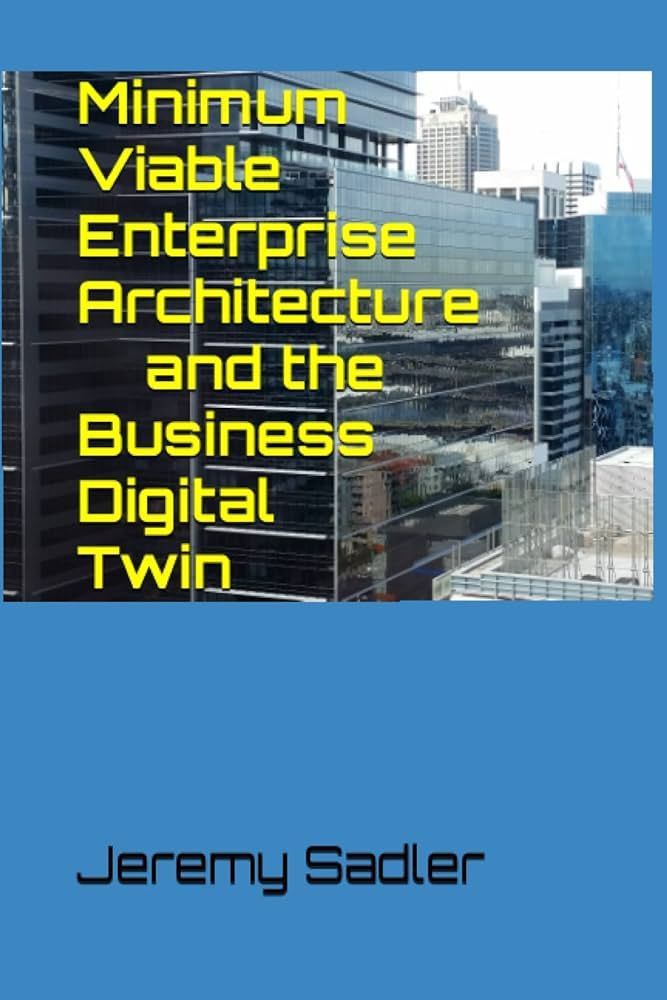Insight
Leading in a Remote World: Building Trust Without Face-to-Face Interaction
Amid growing headlines that ‘WFH is over,’ we’ve seen a surge of companies - particularly in tech and government sectors like NSW State Gov - mandating a return to the office. While it’s true that some big names are pushing for full-time office returns, hybrid and remote models remain a key strategy for many organisations adapting to the changing work landscape.
And as those businesses continue to embrace remote and hybrid work models, a key challenge remains - how do you build and maintain trust when your team isn’t physically together? Without the natural interactions that happen in an office setting, leaders need to rethink how they build trust and engagement in a digital environment.
The good news? Building trust remotely is absolutely achievable, but it requires a different playbook - one that focuses on transparency, communication, and autonomy.
Why Trust is Crucial in Remote Teams
Trust is the foundation of any successful team, but it’s even more critical when working remotely. According to the 2023 Edelman Trust Barometer, ‘my employer’ ranks higher in trust than other major institutions, including media and government. Employees look to their leaders for stability and confidence, especially in times of uncertainty, like those we’ve seen over the past few years.
Research also highlights that trust drives productivity. Studies show that companies with high-trust environments are 50% more productive and report higher employee retention and engagement rates (HCAMag) (Edelman). The challenge with remote work, though, is that you don’t have the luxury of daily face-to-face interactions, so trust-building needs to be intentional.
Actionable Strategies to Build Trust Remotely
Regular Check-ins and Transparent Communication
One of the biggest ways to build trust is through consistent and open communication. Regular check-ins, whether via video calls, team meetings, or one-on-ones, provide an opportunity for leaders to stay connected with their team members. A 2023 study emphasised that transparent communication in hybrid and remote environments significantly improves engagement and team alignment. Sharing clear goals, updates, and feedback ensures that employees feel informed and valued.
Encouraging Autonomy
Micromanaging doesn’t work in remote settings - it erodes trust and creates a sense of frustration. Instead, leaders should focus on empowering their teams by giving them the autonomy to manage their tasks. This approach not only builds trust but also promotes a culture of ownership and accountability. According to Upwork's 2023 Remote Work Report, remote workers who feel trusted are more likely to stay engaged and productive.
Use Technology to Enhance Connection
While face-to-face interaction is limited, tools like Slack, Microsoft Teams, and Zoom can help bridge the gap. Using these platforms for collaboration and casual conversation helps maintain the personal connection that’s often lost in remote work. By incorporating both work-related and social check-ins, you create a more connected and engaged team.
Promote Transparency
Trust thrives when leaders are transparent about business goals, decisions, and challenges. By sharing both successes and setbacks, you create a culture where employees feel part of the bigger picture. Transparency helps teams understand their role in the company’s journey and increases their commitment to shared goals.
Atlassian’s Remote Leadership Success
Australian tech giant Atlassian has long embraced remote and hybrid work models. Known for its focus on building a culture of trust and autonomy, Atlassian encourages teams to take ownership of their work, with leadership providing guidance but not micromanaging. Their success is driven by a philosophy of openness and empowerment, showing that building trust remotely is about giving people the tools and freedom they need to succeed.
The New Leadership Playbook
The shift to remote work isn’t just about adapting to new technologies; it’s about adapting how we lead. In a remote world, trust is built through intentional actions - by communicating clearly, offering autonomy, and being transparent. Leaders who prioritise trust will see their teams not just survive but thrive in this new work environment.
Ready to start building more trust in your remote teams? Let’s start the conversation.
Share This Article
Recent Articles



Archive












